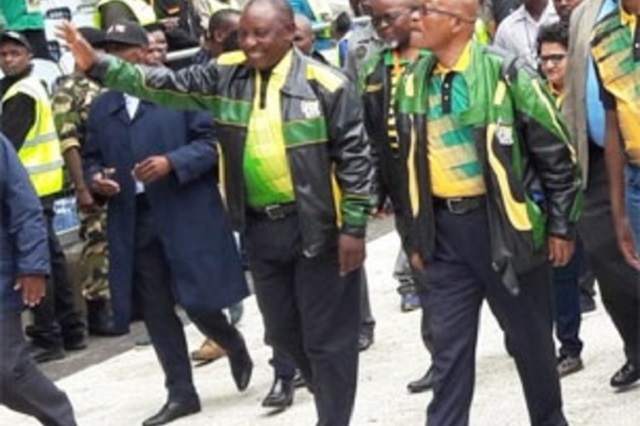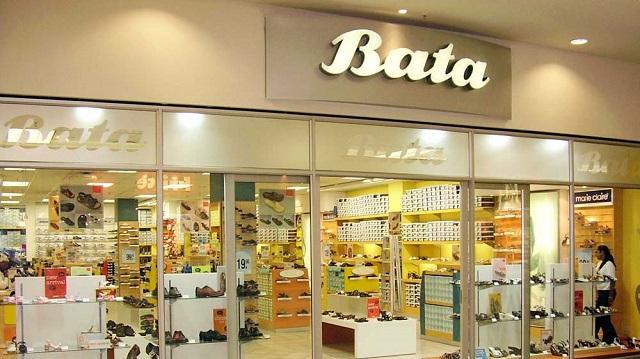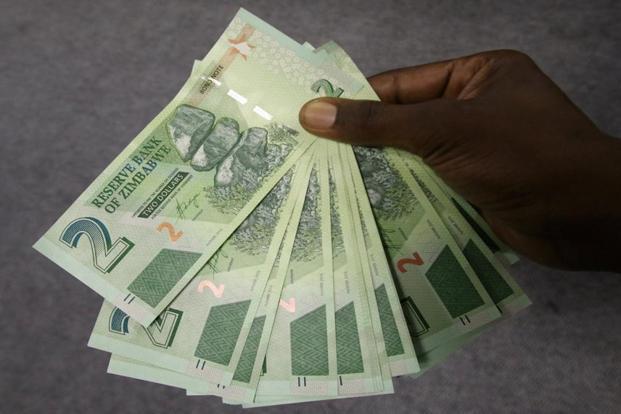Let’s stop tearing one another apart — Zuma

Johannesburg — The ANC has called on party members to stop fighting one another and instead focus on priorities like jobs and fighting crime and corruption.
Addressing a packed Orlando stadium yesterday, President Jacob Zuma said the party had heard people’s cries that the ANC “are too busy fighting each other and not paying sufficient attention to their needs”.
“We must give our people hope and unite against our common enemies which are unemployment, inequality and poverty, and not against one another,” Zuma said.
He was delivering the January 8 statement by the National Executive Committee to give party supporters the plan of action for the year.
In the full statement, the party admits that it is plagued by “serious challenges to its unity threatening its position as leader of society”.
“Divisive tendencies such as factionalism, gatekeeping and manipulation of internal processes exist at all levels of ANC, the ANC leagues, the Alliance and the mass democratic movement,” the statement reads.
It said these tendencies inhibit the party’s ability to give decisive leadership to society.
“Our own research and interactions with members of the ANC demonstrates clearly that the people abhor the apparent preoccupation with personal gain.”
The theme for the January 8 statement is “Unity in Action” following a turbulent 2016 that saw public spats by senior leaders divided over Zuma’s leadership and calls for a consultative conference following an 8 percent decline in electoral support.
The divisions are expected to heighten ahead of the December elective conference.
The party has called on its leagues to lead the push for unity. “The ANC leagues are the coalface of our organisation representing specific constituencies within our movement, they must lead programmes to unite the people,” Zuma said.
The divisions have extended to its alliance partners Cosatu and SACP, unhappy about the government policies and party direction.
“Our task is also to unite the alliance as said by president [OR] Tambo during [Moses] Mabhida’s funeral to guard the alliance jealously and not to tear ourselves apart.” Zuma said.
Meanwhile, the ANC, which has won every election since the end of apartheid in 1994, has been plagued by infighting, corruption allegations and public protests — most recently by university students.
It will pick a new leader at a conference in December and, given its national dominance since coming to power, the winner is likely to go on to be South Africa’s next president when elections are held in 2019.
Nkosazana Dlamini-Zuma, the chairwoman of the African Union and a former wife of Jacob Zuma, is viewed as a frontrunner. She is a Zulu, the largest tribe in South Africa, and is expected to have the backing of her former husband, who will have a major say in who succeeds him.
Dlamini-Zuma was regarded as a capable technocrat during her time as South Africa’s minister of home affairs between 2009 and 2012 and has since gained international exposure as the first female head of the AU.
However, critics of Dlamini-Zuma, a medical doctor trained in South Africa and Britain, say she should have done more to intervene when former president Thabo Mbeki denied that HIV causes Aids and imposed anti-scientific policies.
Vice President Cyril Ramaphosa, a unionist-turned-business tycoon, is viewed as her most likely rival after powerful trade unions endorsed him last year.
Neither Dlamini-Zuma (67) or Ramaphosa (64) have declared their intention to run.
Ramaphosa, who was once touted as a successor to Nelson Mandela, would be the first choice for many investors because his background in commerce suggests he will support more pro-business policies than many in the traditionally left-wing ANC.
However, he will face criticism from opponents for his role at platinum producer Lonmin where he was a director and shareholder when violence led to police shooting dead 34 striking miners in 2012.
An investigation has cleared him of wrongdoing.
— Al Jazeera/AFP












Comments